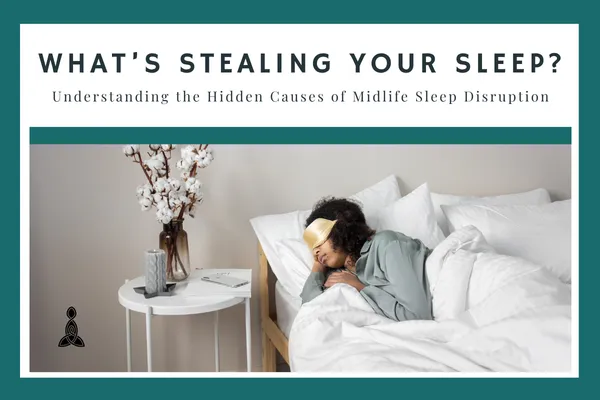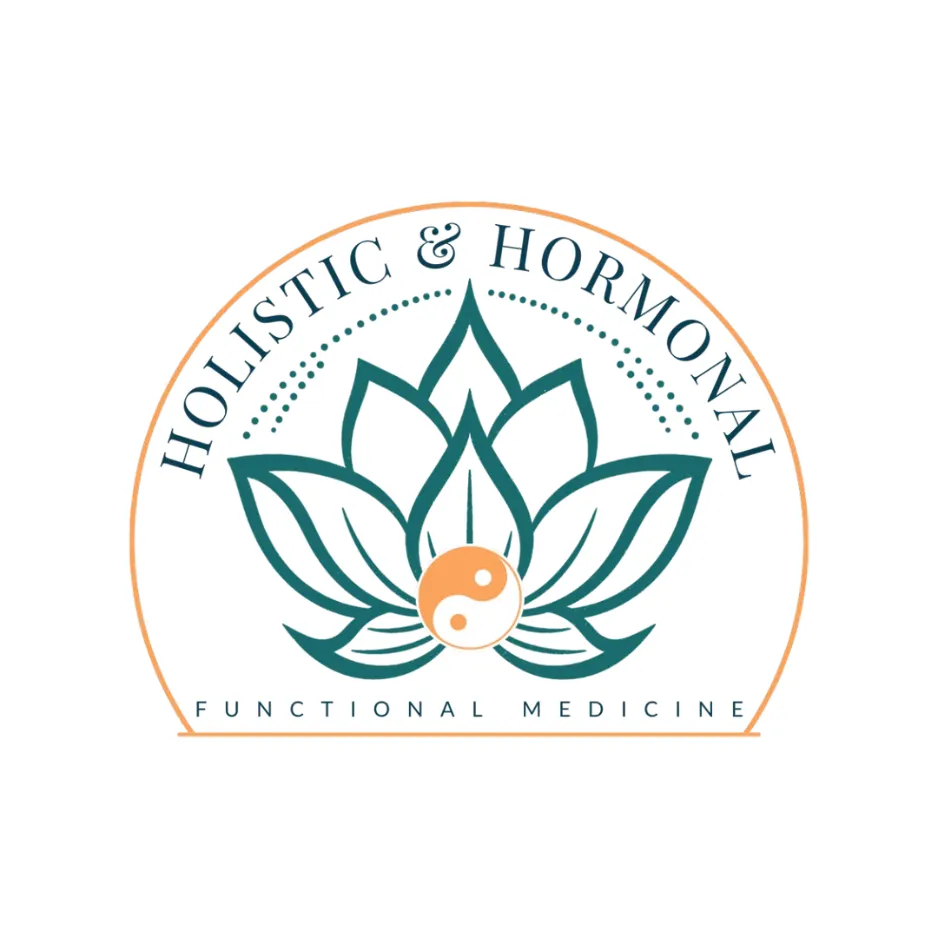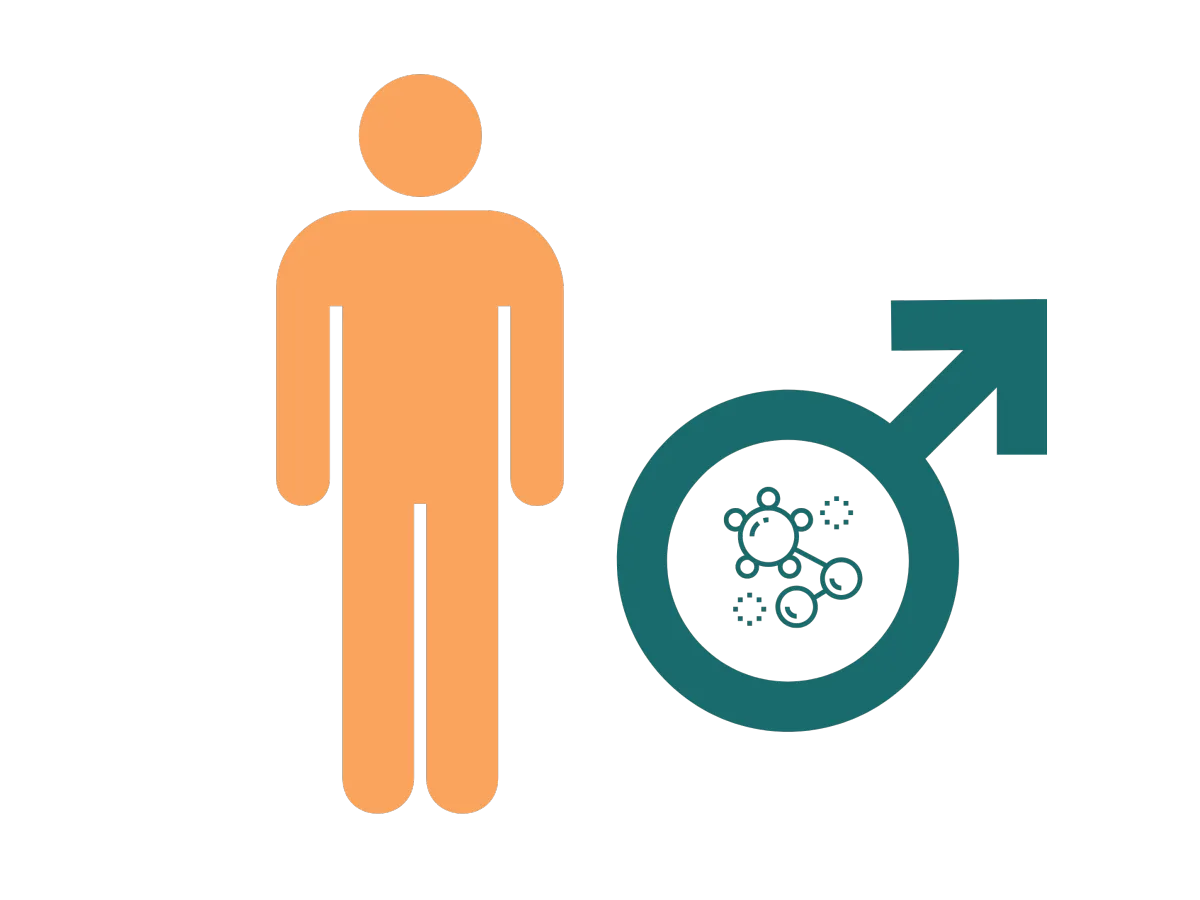
What’s Stealing Your Sleep? Understanding the Hidden Causes of Midlife Sleep Disruption
If you're waking up exhausted, tossing and turning through the night, or snoring loud enough to shake the walls, you’re not alone.
Sleep issues in midlife are more than just an annoyance—they’re a message. And too often, women are told it’s “just aging” or blamed on stress without digging deeper.
Sleep is not optional. It is a cornerstone of hormonal repair, immune function, brain clarity, and emotional balance. If sleep is off, everything else can be too.
Let’s unpack what could be stealing your sleep—and how to reclaim it.

The Overlooked Sleep Disruptors in Midlife
You might think of sleep trouble as simple restlessness, but there are often deeper root causes, many of which overlap and compound:
Snoring
Snoring is more than annoying—it can signal airway obstruction or a postural problem during sleep, both of which compromise oxygen flow and sleep quality.
Bruxism (Teeth Grinding)
Often stress-related, but also linked to breathing issues, nutrient deficiencies, and poor airway alignment. If you wake with jaw pain or morning headaches, this could be at play.
Sleep Apnea
This condition causes repeated pauses in breathing, often going undiagnosed in women. It disrupts oxygen supply, stresses the heart, and can mimic depression or anxiety.
Why Is This Happening?
Sleep disorders are not random—they often reflect deeper imbalances:
Chronic Stress and Cortisol Dysregulation
Cortisol blocks melatonin, your natural sleep hormone. If you're wired but tired, stress is likely a major driver.Weight Gain Around the Neck or Midsection
Fat deposits can narrow the airway and increase the risk of sleep apnea or shallow breathing at night.Nutrient Deficiencies
Low levels of magnesium, calcium, or B vitamins can interfere with muscle relaxation and neurotransmitter production.Hormonal Imbalances
Perimenopause, thyroid dysfunction, and adrenal fatigue all affect sleep hormones and body temperature regulation.Poor Sleep Hygiene
Blue light exposure, inconsistent bedtimes, caffeine too late in the day, and lack of wind-down routines all work against restful sleep.
Red Flags Your Sleep Is Compromised
Pay attention to these signs, even if you think you're getting “enough” hours in bed:
Loud snoring with gasping or choking
Jaw pain or tension, especially upon waking
Trouble focusing or needing caffeine to function
Feeling exhausted even after 7 to 9 hours in bed
Emotional ups and downs or persistent low mood
How Poor Sleep Impacts Your Health
The effects of sleep disruption go far beyond fatigue. Here’s what’s really at risk:
Heart and Blood Pressure Health
Sleep apnea increases cardiovascular risk, even in otherwise healthy women.Weight and Cravings
Poor sleep dysregulates ghrelin and leptin, making it harder to feel full and easier to crave sugar.Mood and Brain Function
Sleep loss impairs memory, decision-making, and emotional resilience.Hormone Detox and Regulation
Nighttime is when your body clears excess hormones and supports adrenal repair. Without deep sleep, this process is compromised.Immunity
Sleep deprivation makes you more susceptible to infections and slows recovery from illness.
Practical Ways to Reclaim Your Sleep
You don’t need a sleep medication to start sleeping better. Here’s what we recommend most often:
1. Create a Wind-Down Routine
Aim to go to bed and wake at the same time each day. Use blackout curtains, turn off screens an hour before bed, and cool your room to 65–68 degrees.
2. Manage Stress Effectively
Journaling, breathwork, and guided meditations help lower cortisol. Try ten minutes of deep breathing or body scanning before bed.
3. Address Your Sleep Position
If you snore or suspect apnea, try sleeping on your side and avoid heavy meals at night.
4. Open the Airways
Use nasal rinses, breathe-right strips, or a HEPA filter to reduce congestion. Keep pets out of the bedroom if allergies are an issue.
5. Protect Your Teeth and Jaw
A custom night guard may help bruxism, but stress reduction is equally important. Cognitive-behavioral therapy and nervous system work are often game-changers.
6. Eat for Sleep
Focus on foods rich in magnesium, omega-3s, and tryptophan. Avoid processed sugar, late-night caffeine, and alcohol.
7. Use Supplements Wisely
If sleep issues persist, consider these evidence-backed options:
Magnesium glycinate: Calms the nervous system
Melatonin: Helpful for circadian rhythm resetting
L-theanine: Supports alpha brain waves for relaxation
GABA: Promotes deeper, more restorative sleep
Ashwagandha: Modulates cortisol in chronic stress
B Complex: Supports serotonin and melatonin pathways

Functional Testing Can Reveal the Root Cause
Still not sleeping well? Dig deeper with these assessments:
Overnight Sleep Study: Diagnoses apnea, oxygen drops, and limb movement
Cortisol Rhythm Test: Reveals adrenal stress patterns
Nutrient Panels: Identify low magnesium, B6, iron, or vitamin D
Thyroid Testing: Especially important in midlife women
Food Sensitivity Testing: May uncover inflammation contributing to congestion or anxiety
If you’re ready to explore hormone testing, personalized menopause support, and root cause solutions tailored to life in New Hampshire, please visit https://holisticandhormonal.org/ to book your free consultation.











